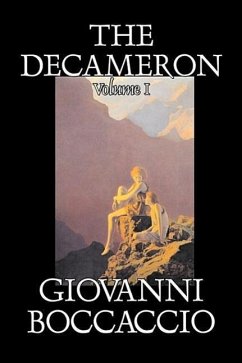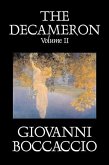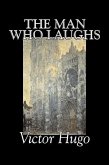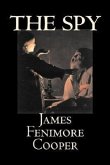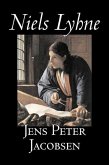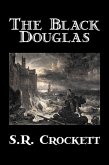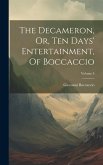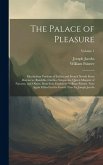One of the highlights of Western literature, Boccaccio's "Decameron" was told in the wake of the 14th Century "Black Death" that swept through Italy, and particularly Boccaccio's native Florence, taking with it his entire family and countless others. The "Decameron" itself is comprised of 100 "novels" (or "novellas" -- short stories) told over a ten-day period by ten young people: seven ladies, and three young men who flee the plague to a countryside villa, and who vow to tell each other tales each day to pass the time. In the Proem of the "Decameron," Boccaccio's description of the bubonic plague that fell upon Florence in 1348 is one of the most accurate, reliable, and detailed to have survived. The "Brigata," or ten young people, tell the tales of the "Decameron," which range from tragic romances to erotic visions, to mysterious and ghostly tales of apparitions and magic.

